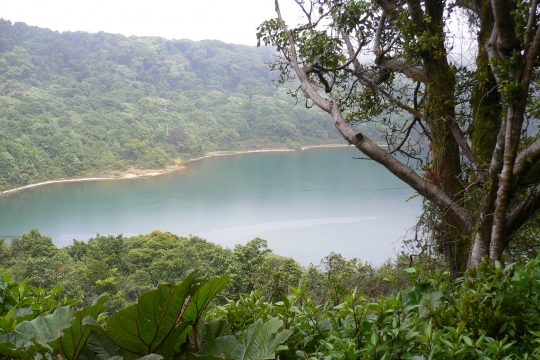The aim of the study is to identify the factors affecting the performance of local organizations compared to centralized institutions in the administration and operation of aqueducts in order to make recommendations for improvements and for the future expansion of the decentralization process in the drinking water sector.
Natural resources provide goods and services that are in many cases characterized as public goods or common pool resources. In these situations of non-excludability, overexploitation has been traditionally predicted (Hardin, 1968; Olson, 1971). This lead to a strong involvement of central governments in the provision and regulation access to these type of resources. More recent work has shown that generalizing governmental participation as a solution to the problem of the commons is incorrect, and sometimes might result in inefficiencies in managing these results, compared to cases in which the beneficiaries organized themselves to create suitable local institutions to regulate access (Ostrom, 1990).
Nowadays there is a generalized trend towards the promotion of decentralized arraignments for natural resource management, mostly due to the proven reduced local administrative capacity of central governments, shortage of government funding and also pressure to democratize the distribution of responsibilities and benefits by involving the local beneficiaries (Ribot, 2002; Ribot, 2004; Knox and Meinzen-Dick, 2001). Despite this trend, desentralization has also shown significant drawbacks and problems, and success seems to depend n local characteristics (Ribot, 2002; Ribot, 2004; Andersson and Gibson, 2004 Vermillion, 1997).
More specific the project wants to construct a conceptual model for the evaluation of the performance of a local organization involved in the provision of a public good, including a clear operational definition of success. In addition, compare the performance of selected ASADAS both among themselves but also against more centralized initiatives, to finally make recommendations for improvements bases on the statistical and econometric analysis of the data collected.


